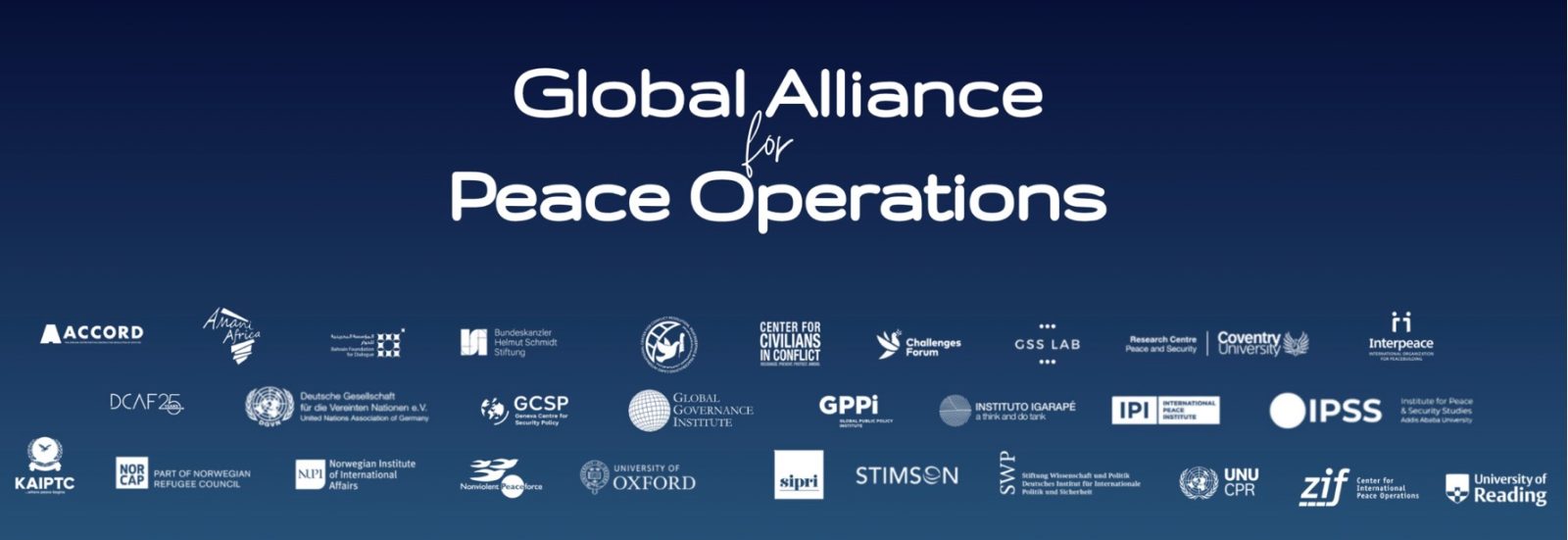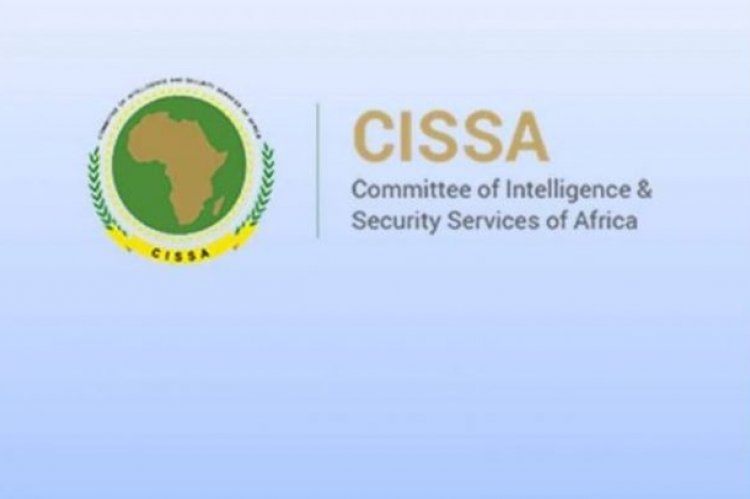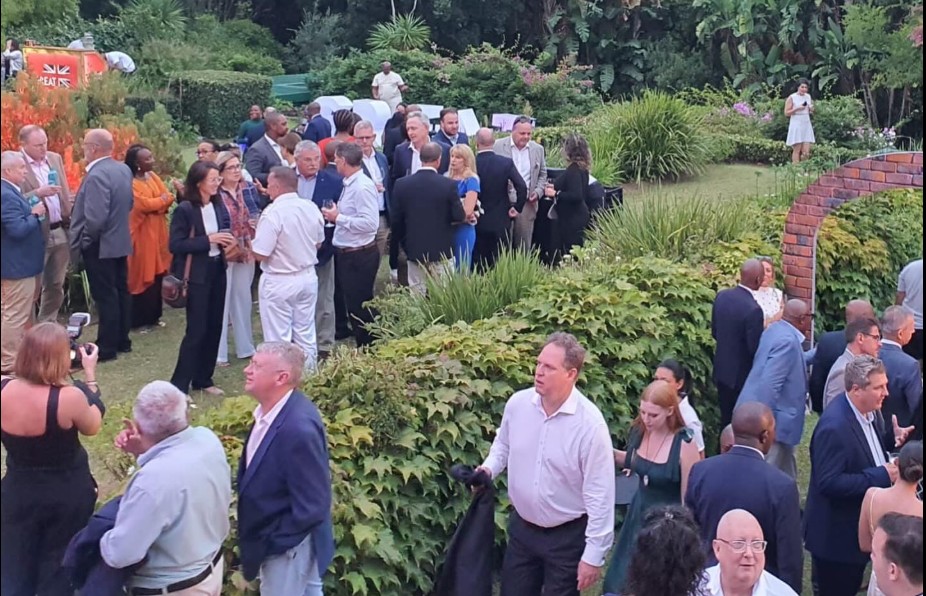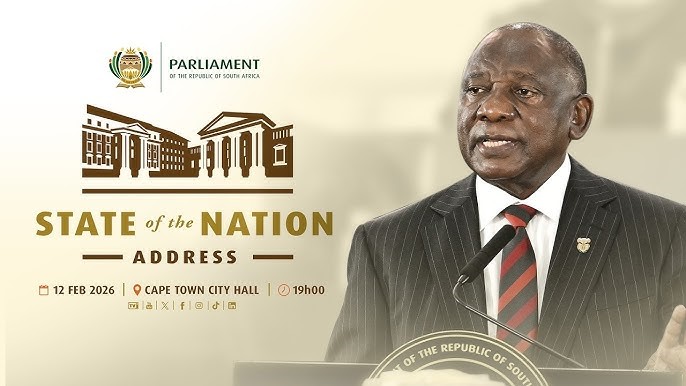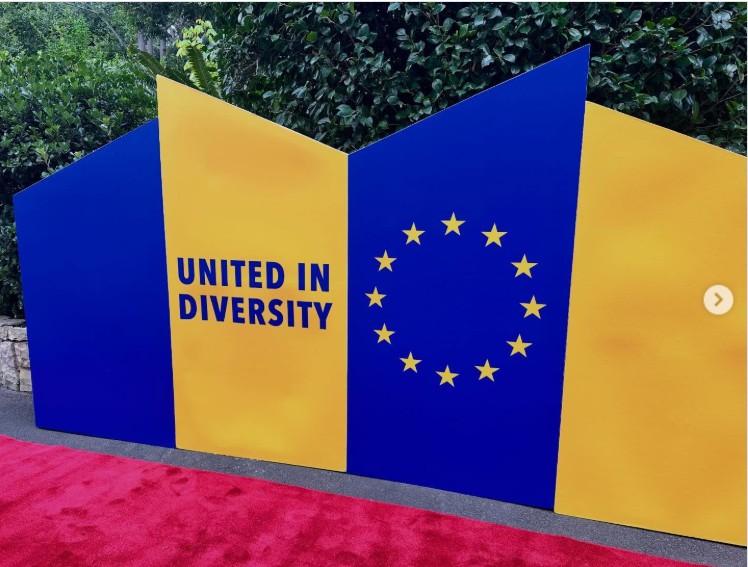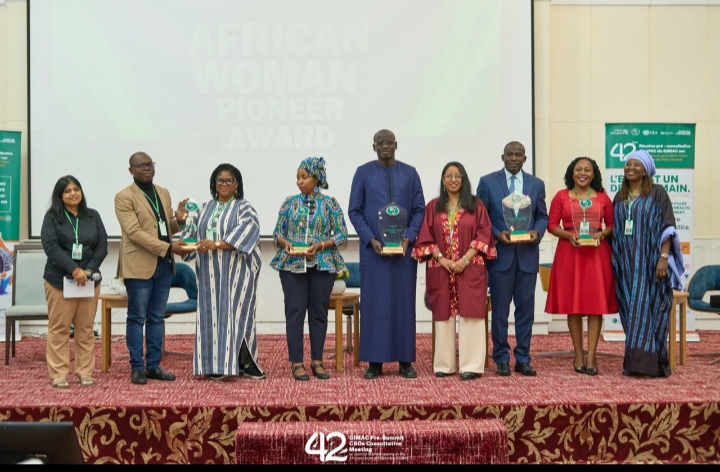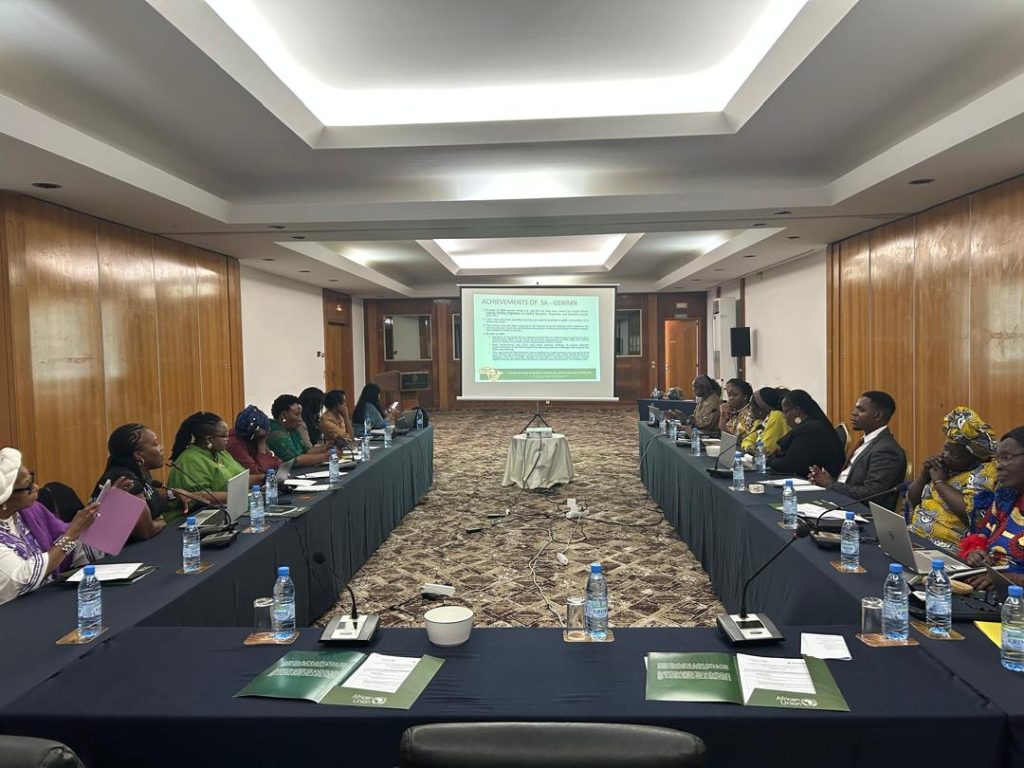On 12 May 2025, ACCORD attended an in-person symposium of the Global Alliance for Peace Operations in Berlin. ACCORD is a member of the Global Alliance for Peace Operations, which is a network of 50 research and training institutes, civil society organisations and independent experts. Held on the margins of the United Nations (UN) Peacekeeping Ministerial 2025, this symposium brought together key thematic experts from within the Alliance to unpack key issues which could feed into the UN Peacekeeping Ministerial.
The point of departure of the discussions was to set the scene and this involved taking stock of the current global shifts and its impact on multilateral efforts to prevent, manage and resolve conflicts. It was noted that the UN is operating at a time with the highest number of conflicts since its founding. To add to this complex operational environment, there are challenges to funding, waning political commitment from Member States and an increasingly fragmented P5, to mention a few. In addition to the operational challenges, discussions pointed out the conflict landscape has become defined by different types of hybrid threats, more sophisticated weapons systems and a certain degree of forum shopping from parties to the various conflicts. Against this background, participants shared ideas on how peace operations could adapt and build resilience. The pros and cons of modular approaches were debated, divergent views on the utility and value of regional peace operations (as seen in Africa through regional organisations and ad-hoc security arrangements) were also discussed. In the abovementioned context, there was also a focus on the protection of civilians in peace operations and calls were made to foster a broader understanding of protection as a cross-cutting issues. The various experiences and vantage points in the room allowed for a rich discussion on protection strategies, and strategies to promote localised approached.

